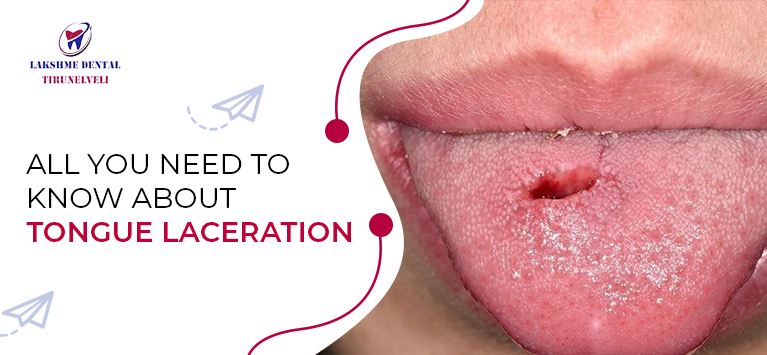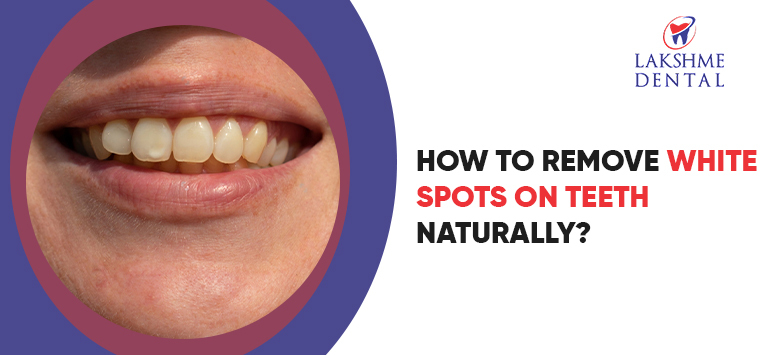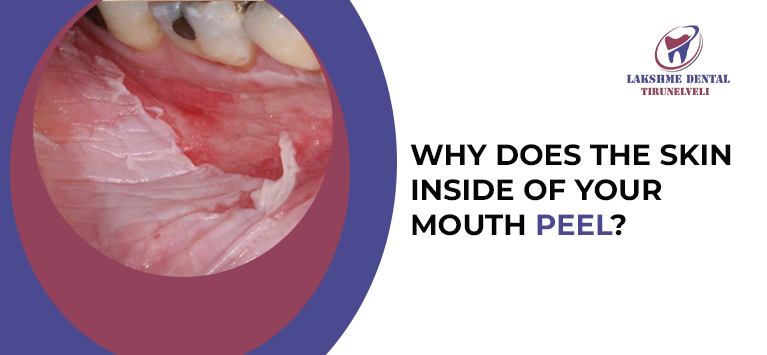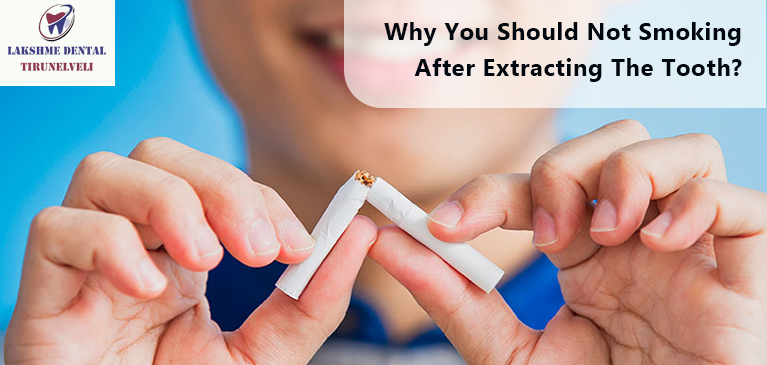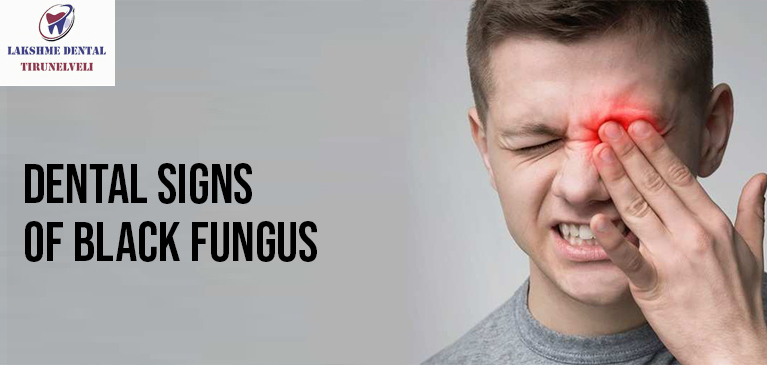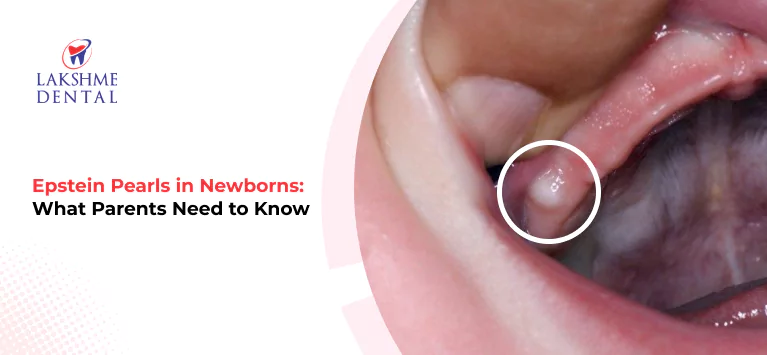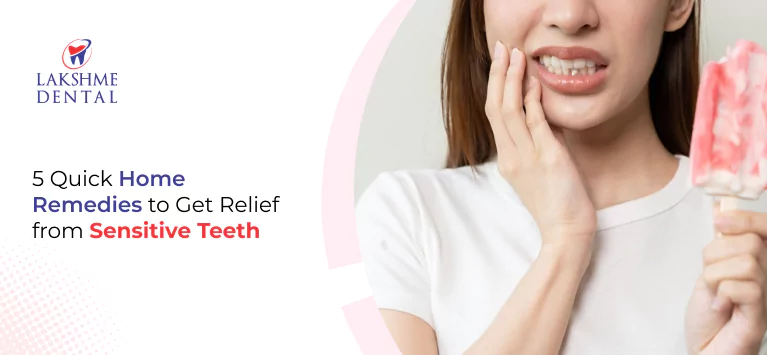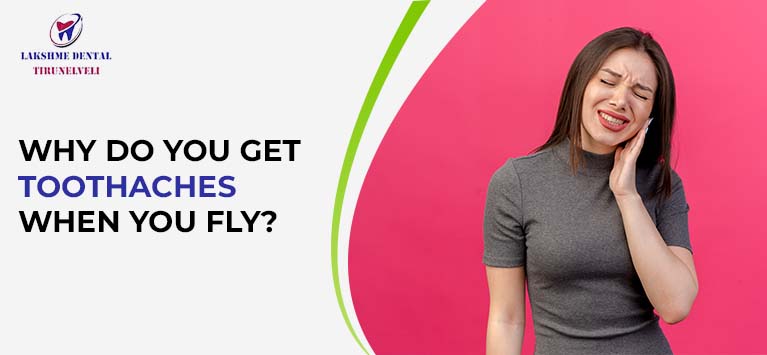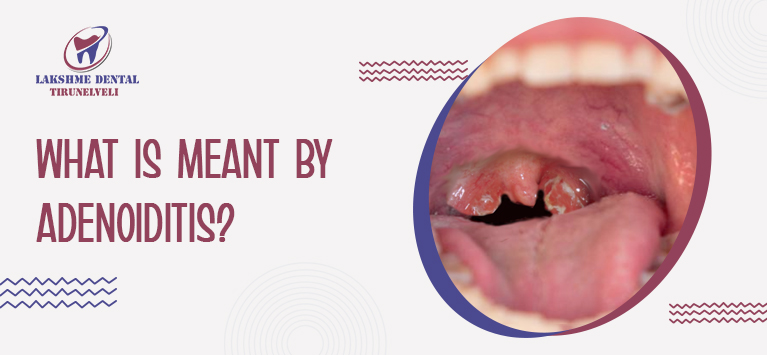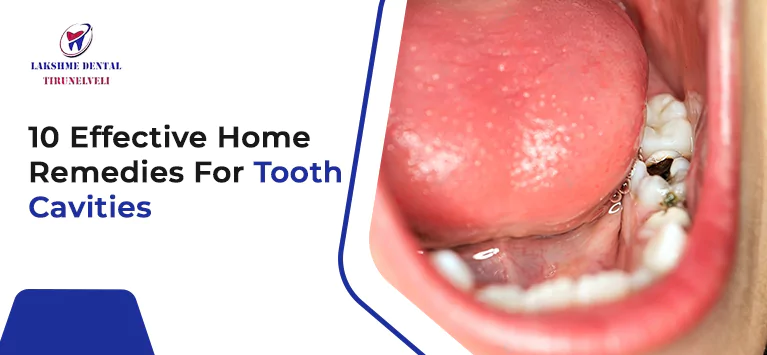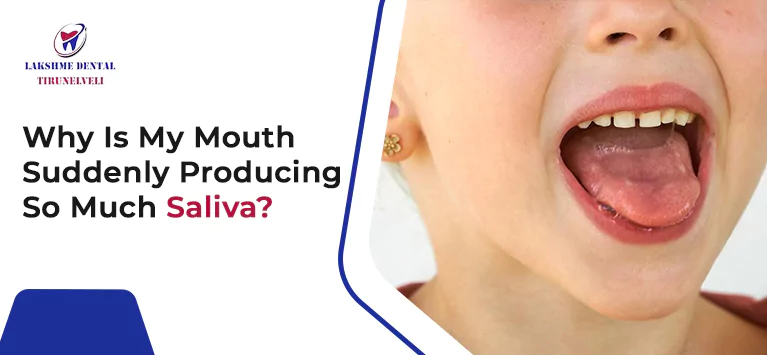
Why Is My Mouth Suddenly Producing So Much Saliva?
Have you ever woken up in the midst of the night and found your mouth churning out saliva more than it usually does? It can be an odd and sometimes uncomfortable experience. However, what is the cause of this? The condition whereby there is excessive flow of saliva in the mouth is referred to as hypersalivation, and a number of factors, including tasting or smelling of foods, may cause it.
So, in this blog, we will discuss the possible causes of excessive saliva production, what is considered normal, and when you should concern yourself with talking to a doctor. At the end of this read, you will be well informed on the possibility of causes of excessive salivation from your mouth.
The Role of Saliva
Saliva is a fluid produced by the salivary glands in your mouth. It plays a vital role in:
Digestion: Saliva contains enzymes that begin the process of breaking down food as you chew.
Oral Hygiene: It helps wash away food particles and bacteria, keeping your mouth clean.
Taste: Saliva helps dissolve food, making it easier to taste different flavours.
Speech: It keeps your mouth moist, allowing you to speak comfortably without a dry throat.
Without saliva, basic activities like eating, talking, and maintaining oral hygiene would be challenging.
Common Reasons for Increased Saliva Production
If you’re experiencing a sudden increase in saliva, it could be due to several reasons. Some are harmless and temporary, while others may require attention. Here they are:
Dietary Triggers
Some foods and beverages are known to encourage the flow of saliva in your mouth in large amounts.
Acidic Foods: Fruits like lemons and oranges from the citrus family have a way of making your mouth watery.
Spicy Foods: Spices affect the lining of the mouth and cause the production of saliva to treat the burning sensation.
Sugary Treats: Sugars may cause an increase in saliva production since the mouth reacts by trying to eliminate the sweet taste from the mouth.
If this is the story, then you must have taken any of these foods recently, then the increase in your saliva production is so normal.
Pregnancy
This is because hormonal changes occur during pregnancy, and they may influence the amount of saliva in the mouth.
Morning Sickness: Pregnancy causes vomiting and nausea, and due to the stomach upset, there is increased saliva production.
Hormonal Fluctuations: Pregnancy hormones kick your salivary problems into high gear.
If you are pregnant and experience excessive secretion of saliva, it is normal and should subside after some time.
Medication Side Effects
There are medications that have ‘hypersalivation’ as one of the side effects that may be experienced by the patient.
Antipsychotics: Psychotropic drugs used for managing conditions such as anxiety, depression and bipolar disorders may increase saliva production.
Painkillers: There are certain drugs that cause an increase in saliva production, and some of them are pain relievers.
Antibiotics: Some of the antibiotics may cause hypersalivation.
If there has been an increase in saliva production after beginning a new medication, then see a doctor. He might want to change your dosage or recommend a different medication instead.
Gastroesophageal Reflux Disease (GERD)
GERD is a disease whereby acid from the stomach bends back to the food pipe, often causing the pipe to become sore.
Acid Reflux: Due to the inflammation, the body may show signs of hypersalivation due to more saliva production to eliminate the acid.
Burning Sensation: If you experience a sensation of warmth in your throat in addition to salivary secretions, you may be suffering from GERD.
Lifestyle changes and medications for GERD may decrease excessive saliva production.
Oral Infections or Inflammation
Oral diseases can actually increase saliva production as the body attempts to eliminate bacteria present in the mouth.
Gingivitis: Swelling of the gums may produce more saliva as the body tries to fight infection in the mouth.
Dental Abscess: Drainage or AUTOPSY of an abscess or sore in the mouth may lead to increased salivation.
Treating the infection or inflammation with proper oral hygiene and medication should bring saliva levels back to normal.
Nervous System Disorders
Some nervous system disorders may be behind the salivary glands and the amount of saliva they produce or the failure to produce any at all.
Parkinson’s Disease: Patients with Parkinson’s disease may produce a lot of saliva due to problems with the swallowing process.
Stroke: Muscles we use to swallow could also be impacted in the case of a stroke, leading to a buildup of saliva.
There are various treatment options that your doctor can recommend for the management of hypersalivation if you have a nervous system disorder.
Toxins and Poisons
Mineral toxicity causes increased salivary secretion and is a common characteristic because it occurs suddenly.
Insect Stings: Certain behaviours of insects may lead to the formation of sensations in the body, which results in the formation of saliva.
Poisoning: Some of the poisons, such as pesticides, will cause the body to produce more saliva than is usual.
Psychological Factors
More often than not, stress or anxiety causes an enhancement in saliva production.
Stress Response: Sometimes, when stressed, the body may produce more saliva, which leads to salivary stress.
Nervous Habits: Freud’s theory points out that a number of people experience excessive salivation when, say, up for a speech or any form of presentation or meeting other persons.
Stress or anxiety should be managed since some of the symptoms of these conditions can be alleviated by relaxation or therapy.
When Should You Be Concerned?
That is why, from time to time, increased levels of saliva production are not at all threatening or even malicious. The reasons are:
Persistent Symptoms
It would be advisable, therefore, to seek a doctor if hypersalivation continues for a prolonged time without any evident cause.
Accompanied by Other Symptoms
In addition to excessive saliva, you should consult your doctor if you have other symptoms such as dysphagia, vomiting or sudden, unexplained weight loss. It can be possible for these symptoms to be symptoms of another disease that needs to be addressed.
Impact on Daily Life
Some people may experience a lot of excess saliva, especially during the day, and if the condition causes you a lot of problems while speaking, eating then it is advisable to consult your doctor. As the symptoms may be caused by an ailment of the physical body, they can aid in finding out the cause and also offer guidance as to how to alleviate the symptoms.
Tips to Manage Excess Saliva
If you’re dealing with excessive saliva, the following are a few strategies that might help manage the situation:
Stay Hydrated: Increased saliva flow in mouth can be corrected by taking some water to drink and diluting the it in the process.
Practise Good Oral Hygiene: Taking proper oral hygiene measures such as regular brushing and flossing reduces the amount of bacteria in the mouth, which may cause excessive salivation.
Avoid Trigger Foods: If you observe that some foods trigger more saliva production, then you should avoid or reduce their intake.
Managing your diet and oral hygiene can help keep saliva production in check and make you feel more comfortable.
Closing Thoughts
It can be quite strange to wake up one day and realise that your mouth has gone moist, though there are some possible explanations for this. If the problem is related to diet, medications, or any other reason, the increase in saliva production is rarely a problem. However, if this is constant or comes with other complications, it is advisable to visit a doctor. If you familiarise yourself with this information and heed your body’s cues, you can avoid having any discomfort in your mouth.




